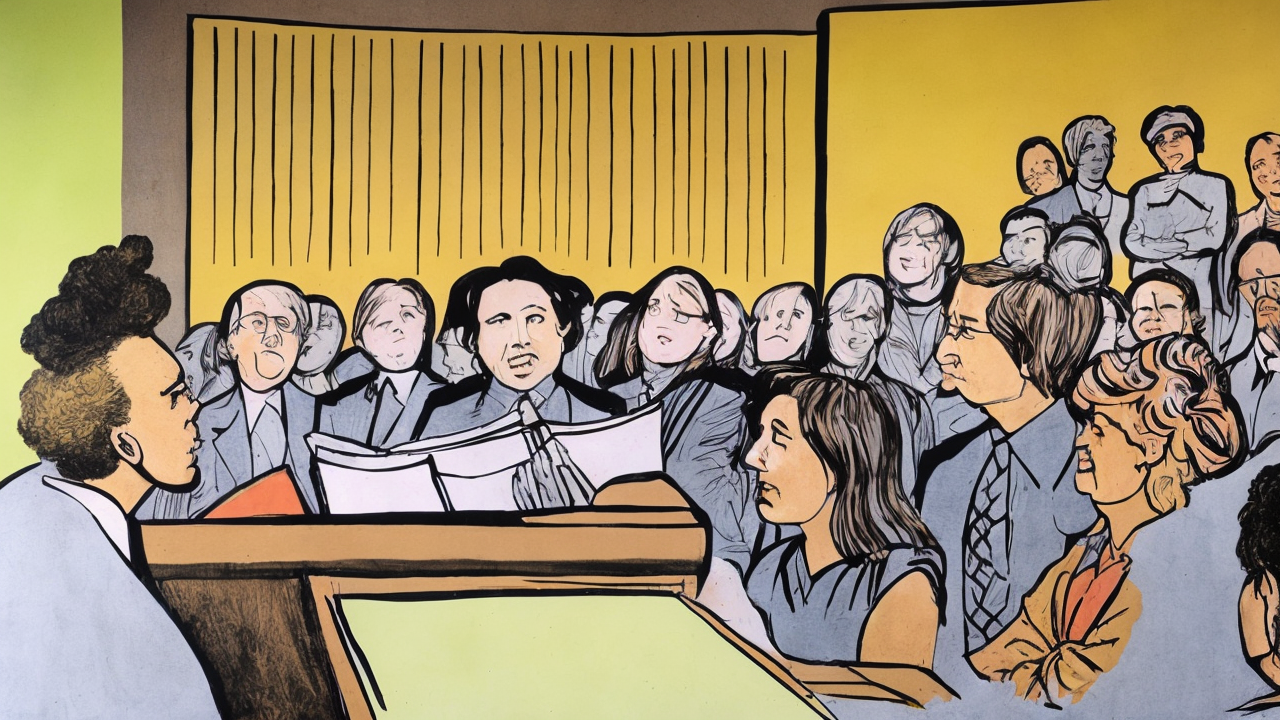Trump Warns Hamas of Consequences for Failing Ceasefire Deal

President Donald Trump has made clear that the United States will not tolerate broken promises from Hamas, emphasizing that failure to uphold the terms of the ceasefire agreement carries serious consequences. The initial phase of the U.S.-brokered deal, which required Hamas to release all hostages and begin the process of disarmament, has seen partial progress. Twenty surviving hostages have been returned, a development the administration rightly calls a step forward. However, the group has not met the 72-hour deadline to deliver the remains of 28 deceased hostages, including two Israeli-American citizens. This delay has raised concerns not only about the integrity of the agreement but also about Hamas’s willingness to honor its commitments.
Hamas has cited the challenges of navigating rubble and debris as a reason for the delay. While the destruction of Gaza’s infrastructure is undeniable, it does not excuse inaction. The group has had months to coordinate recovery efforts, and the absence of meaningful progress suggests a lack of genuine intent. Israeli Defense Minister Israel Katz has rightly described the situation as a failure to uphold obligations. Still, the U.S. continues to assess whether a formal violation has occurred, working with Israeli and regional partners to gather intelligence and support search operations.
Trump’s message is firm but measured: if Hamas fails to meet its next set of obligations—particularly the disarmament phase—then Israel will be fully empowered to act. Speaking to CNN, he stated, “If Hamas doesn’t hold up their end of the deal, Israel will return to those streets as soon as I say the word.” This is not a threat for show. It is a declaration of principle—peace must be built on trust, and trust requires accountability.
The broader implications of this moment are profound. If a terrorist organization can delay, deflect, and avoid consequences while holding hostages and refusing to disarm, it sends a dangerous signal to other groups across the region. It suggests that violence and defiance can be sustained without real cost. This is not diplomacy; it is appeasement in disguise. True peace does not come through concessions to those who reject peace. It comes through strength, clarity, and the consistent application of standards.
The humanitarian situation in Gaza remains dire. Aid shipments are at risk of being delayed or restricted due to the uncertainty surrounding the ceasefire. While compassion for civilians must guide policy, it cannot be used to excuse inaction or reward bad behavior. The U.S. must continue to support Israel’s right to defend itself while pushing for transparency and progress on the ground. This balance is not weakness—it is wisdom.
What is at stake is not just the fate of a few hostages or the stability of one region. It is the credibility of the international order. When agreements are honored, trust is preserved. When they are ignored, chaos follows. The current moment demands a clear-eyed approach—one that recognizes that peace is not the absence of conflict but the presence of justice.
The U.S. must remain a reliable partner to Israel, not because of ideology, but because of shared values: the protection of life, the rule of law, and the responsibility of nations to keep their word. This is not about dominance or power. It is about upholding what is right. If Hamas continues to delay, to obstruct, to evade, then the consequences will be not only expected but necessary.
In the end, lasting peace in the Middle East will not come through weakness or compromise on principle. It will come through strength, consistency, and the courage to hold every party accountable. The path forward is not easy, but it is clear. And the world must follow it.
Published: 10/16/2025








